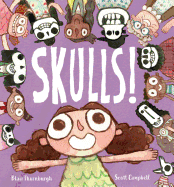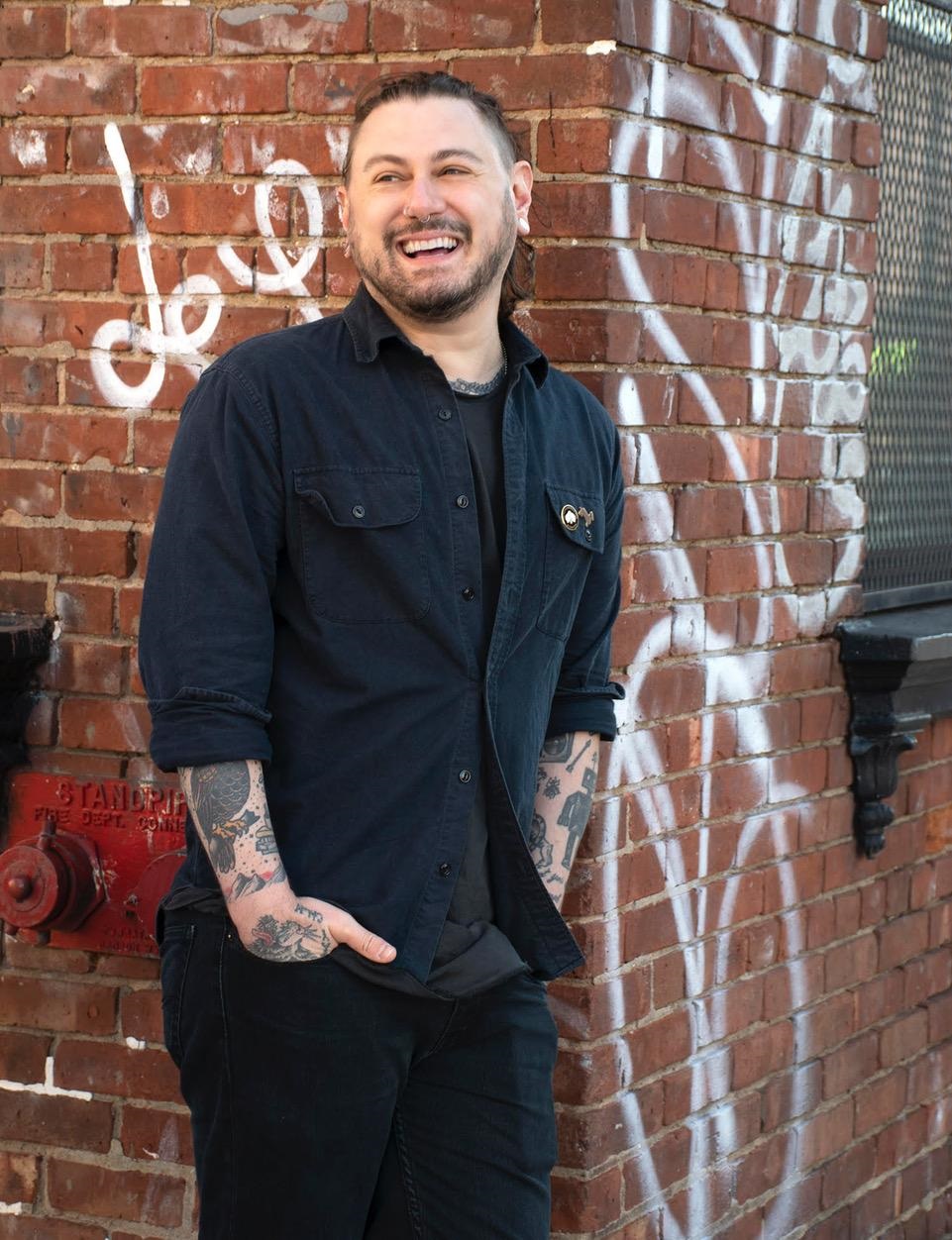 |
| photo: Drew Stevens |
Kevin Allred is a writer, speaker and educator whose work has been featured on HuffPost, NBC News, Salon and more. In 2010, he created the women's and gender studies course "Politicizing Beyoncé" whose syllabus pairs Beyoncé's songs and music videos with writing by black women throughout U.S. history, highlighting the history of black feminism. His book Ain't I a Diva?: Beyoncé and the Power of Pop Culture Pedagogy (Feminist Press, June 11, 2019) brings his syllabus to life and outlines his pedagogical process alongside analysis of Beyoncé's work.
On your nightstand now:
There are honestly mountains of books on my nightstand right now, not just piles. On top: Almanac of the Dead by Leslie Marmon Silko, Alexis Pauline Gumbs's M Archive: After the End of the World (part two of a poetry triptych meditating on the contributions of formative black feminist thinkers--this one in conversation with M. Jacquie Alexander); Wayward Lives, Beautiful Experiments: Intimate Histories of Social Upheaval by Saidiya Hartman; Matthew Frye Jacobson's 33 1/3 book Odetta's One Grain of Sand (one of my favorite albums); and Shirley Jackson's Dark Tales, for something a little creepy before bed when needed.
Favorite book when you were a child:
Much to my mom's dismay (as she tells it now), my first favorite book was Richard Scarry's Best First Book Ever. After a few readings, I memorized all the words on the page in a precise order (the book is basically just systematically naming everything shown in the illustrations). My mom would always try to take shortcuts and skip words or even whole pages. I'd immediately make her start over from the beginning.
Your top five authors:
In no particular order:
1. Octavia Butler, for her imagination. She taught us how to be better, if only we'd listen.
2. Every word June Jordan wrote was so full of love and joy, playful. She made even the spaces between words indescribably significant.
3. Audre Lorde because she told the truth, even when it was scary. Or, precisely because it was scary and necessary. She demanded we look to places where the struggles of others overlap with our own.
4. Alice Walker expanded my scope even further to see the impacts of my every interaction, not only with people but with the earth.
5. Joan Didion's nonfiction taps into cultural trends and emotions that we often don't even want to admit to or recognize ourselves, all via stunning sentences.
Book you've faked reading:
In high school, I was supposed to read The Brothers Karamazov by Fyodor Dostoevsky for AP English. I skimmed a few chapters and read CliffsNotes for basic plot. Of course, in the term paper, I confused one brother for another, mixed events up and gave myself away. My teacher never stopped making fun of me for that paper and I definitely deserved it.
Book you're an evangelist for:
It changes regularly, but right now my bible is Imani Perry's Vexy Thing: On Gender and Liberation. It's a blistering takedown of "patriarchy," as not just a social organization that gives men power over women, but as present and constantly resurrected in all our social relations through the process of gendering itself--of people, of occupations, of emotions, of actions, of everything. It's a sweeping, genius synthesis of so many disparate sources. Trust me, pick this book up and get your mind blown wide open. I can't stop thinking about it.
Before Perry's book, I was shouting the praises of Darnell Moore's beautiful memoir No Ashes in the Fire: Coming of Age Black and Free in America (now out in paperback) everywhere I went. Read that one, too!!
Book you've bought for the cover:
I don't usually buy a book just for the cover, but will search out a particular favorite cover of one I'm already in the market for. Or grab a copy of a book I've already read and enjoyed if a certain cover catches my eye. I picked up copies of both William Golding's Lord of the Flies and H.G. Wells's The Time Machine under those circumstances. I also recently bought a mass market paperback copy of W.E.B. DuBois's The Souls of Black Folks because of some gorgeous cover art even though I already had a copy at home. Related to this: As a rule, I never buy movie tie-in covers of any book because I think they're rude.
Book you hid from your parents:
Depressingly, I remember hiding Prayers for Bobby: A Mother's Coming to Terms with the Suicide of her Gay Son by Leroy Aarons under my bed when I was 14 or 15. Not because it was scandalous, but because I was coming to terms with my own sexuality at the time. It was one of the only books I could find at my local library that even mentioned being gay (I grew up in small-town conservative Mormon Utah). I sat with the book, sad and scared, many nights behind my locked bedroom door. I wish there had been celebratory, joyful accounts of what I was going through at the time available to me, but I'm still very grateful for that book and think of Bobby often.
Book that changed your life:
Reading The Color Purple by Alice Walker was the first time I remember sobbing over a novel. It was one of the first, explicit times I connected so deeply with a literary character, and maybe more importantly with a literary character so different from me on the surface. I felt like an outcast, an outsider for my own reasons given my own life circumstances. I connected with the emotion of Celie's journey and experiences, not the specifics--but that created an important, critical bond. It was also the first time I encountered a joyful queer relationship portrayed in writing, or anywhere. Despite everything Celie went through, she found her voice. I was looking for my voice, too, and The Color Purple helped me figure out what that could mean. It initiated my life-long interest and commitment to black women's writing and questioning the power and privileges I often embody, especially when I might feel marginalized for my difference. Because there's a whole matrix of oppression and privilege to navigate and consider, as Patricia Hill Collins has theorized.
Favorite line from a book:
"They shoot the white girl first." Toni Morrison opened Paradise with these incendiary six words and then spent an entire book confusing readers as to who the white girl actually was/is. Still, no one knows save Morrison. And that's the point of her genius novel (and my favorite by her), which makes it the most perfect sentence in literature, let alone FIRST sentence, I've ever encountered.
Five books you'll never part with:
Because my encounters with these books are so burned into my mind, they feel like part of me--tied to my growth as a person and to my own biography in different ways: Angela Davis's Autobiography helped ignite my political consciousness. Borderlands/La Frontera: The New Mestiza by Gloria Anzaldúa changed the way I think about identity. Audre Lorde's Zami: A New Spelling of My Name--A Biomythography redefined what was possible when writing about oneself. La Mollie and the King of Tears by Arturo Islas was one of the first novels that profoundly moved me, in ways I'm still trying to find words for. And last, but not least, Gloria Naylor's Linden Hills is a book I've recently fallen in love with and can't imagine my life without.
Book you most want to read again for the first time:
Honestly, anything by Octavia Butler. But if I had to choose, it would be Parable of the Sower. I do re-read the book regularly, but reading Butler's words for the very first time was such a magical experience, I want it back.
Favorite books on black women in music that aren't Beyoncé:
Shout, Sister, Shout!: The Untold Story of Rock-and-Roll Trailblazer Sister Rosetta Tharpe by Gayle F. Wald is a must-read because Sister Rosetta Tharpe created nearly everything about contemporary American music and still doesn't get the credit she deserves. Greg Kot's I'll Take You There: Mavis Staples, the Staple Singers, and the Music That Shaped the Civil Rights Era is an amazing look at the career of Mavis Staples (still slaying today at 80 years old)! Lady Sings the Blues by Billie Holiday is a classic, period. And Nina Simone's autobiography I Put a Spell on You is amazing. Simone is my all-time favorite artist and Princess Noire: The Tumultuous Reign of Nina Simone by Nadine Cohodas gives important additional insight into her life, too. Though it's not a book, the documentary The Amazing Nina Simone, directed by Jeff Lieberman, is essential viewing.
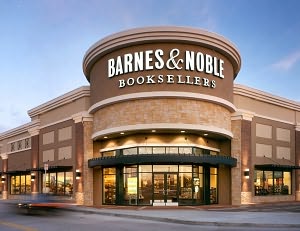





IPC.0204.S3.INDIEPRESSMONTHCONTEST.gif)




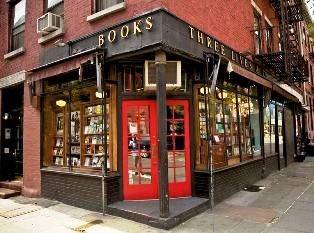
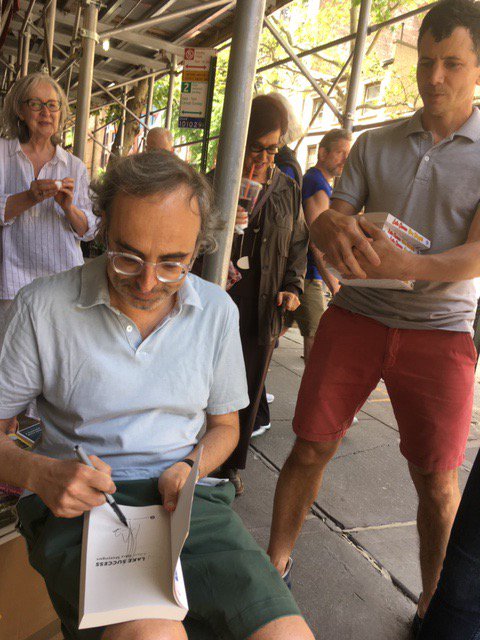

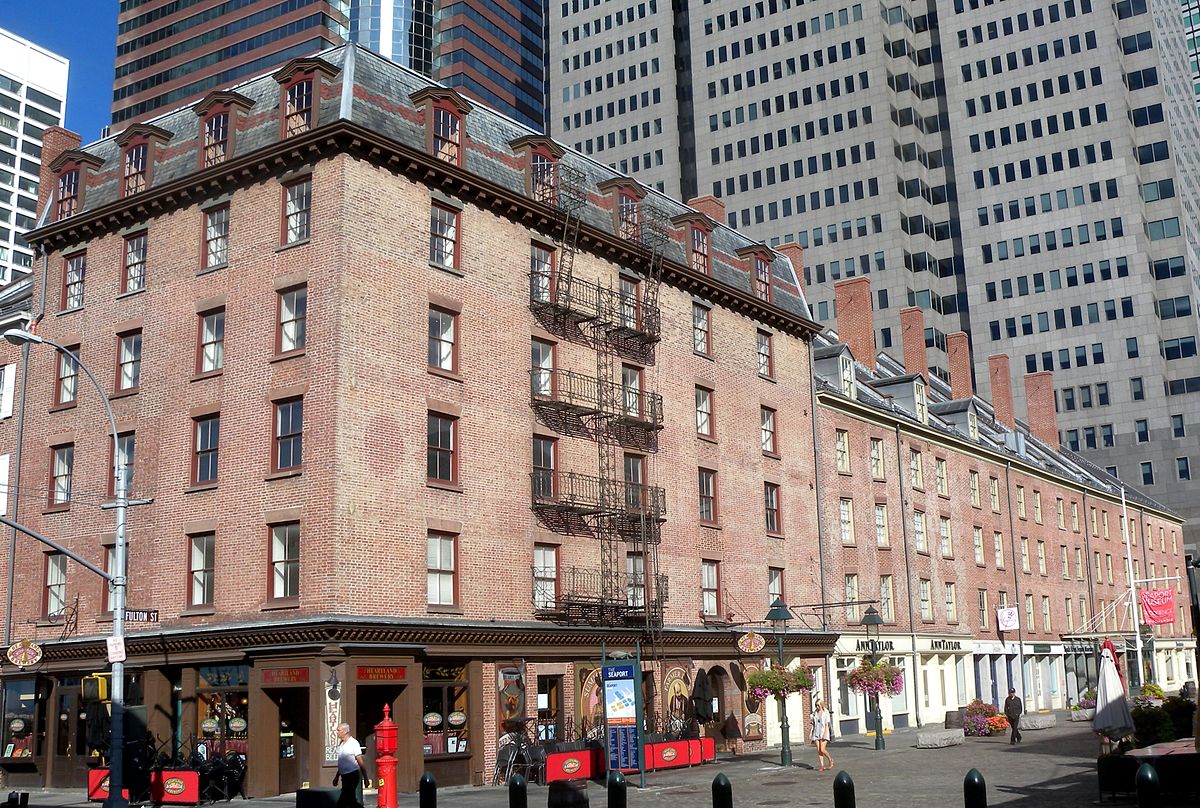

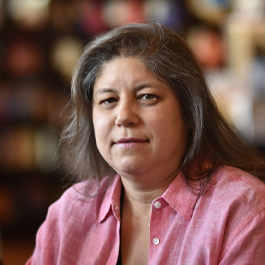
IPC.0211.T4.INDIEPRESSMONTH.gif)
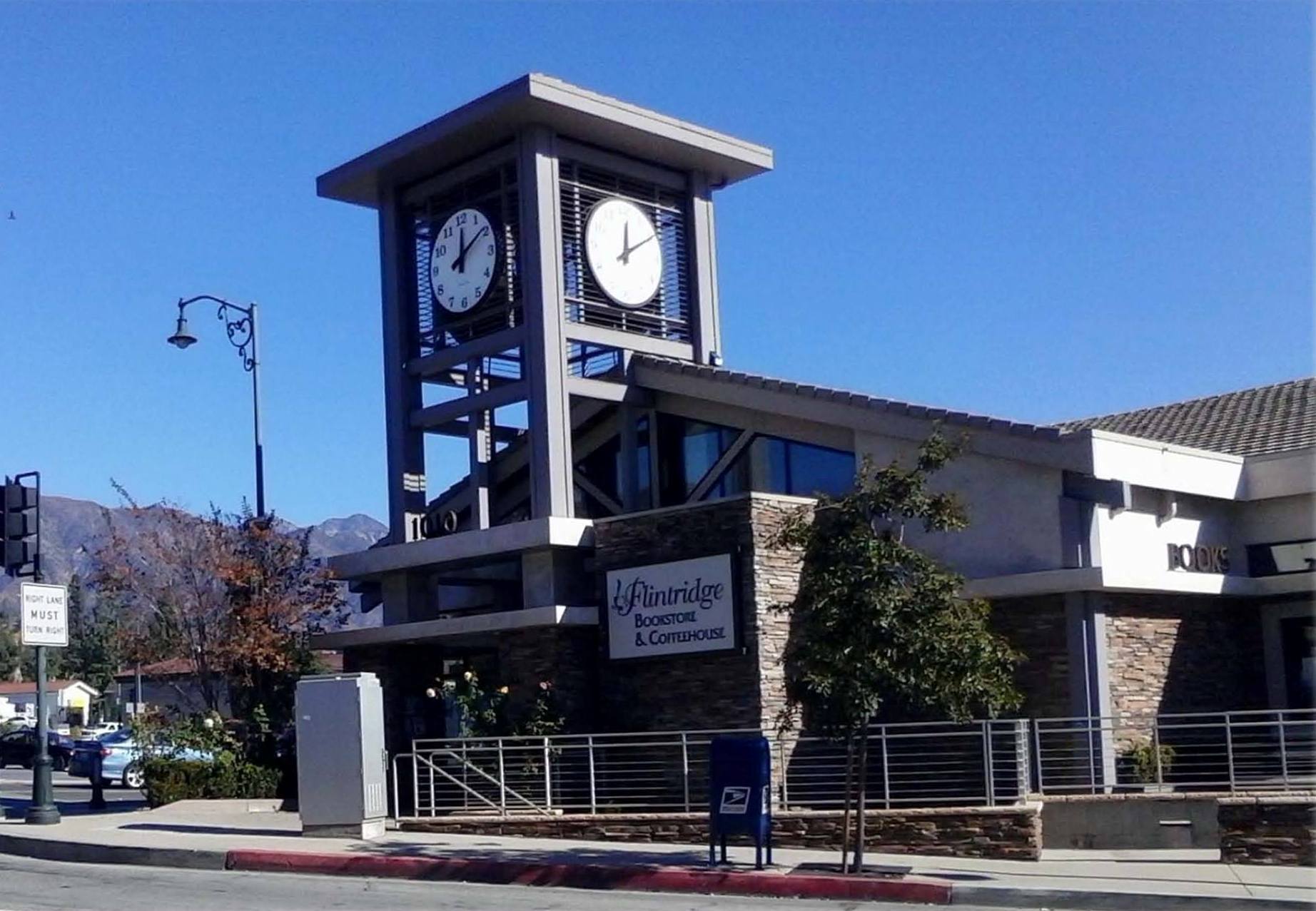
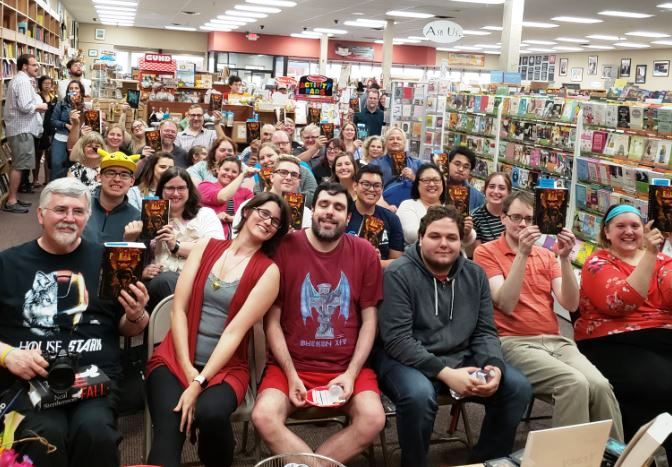
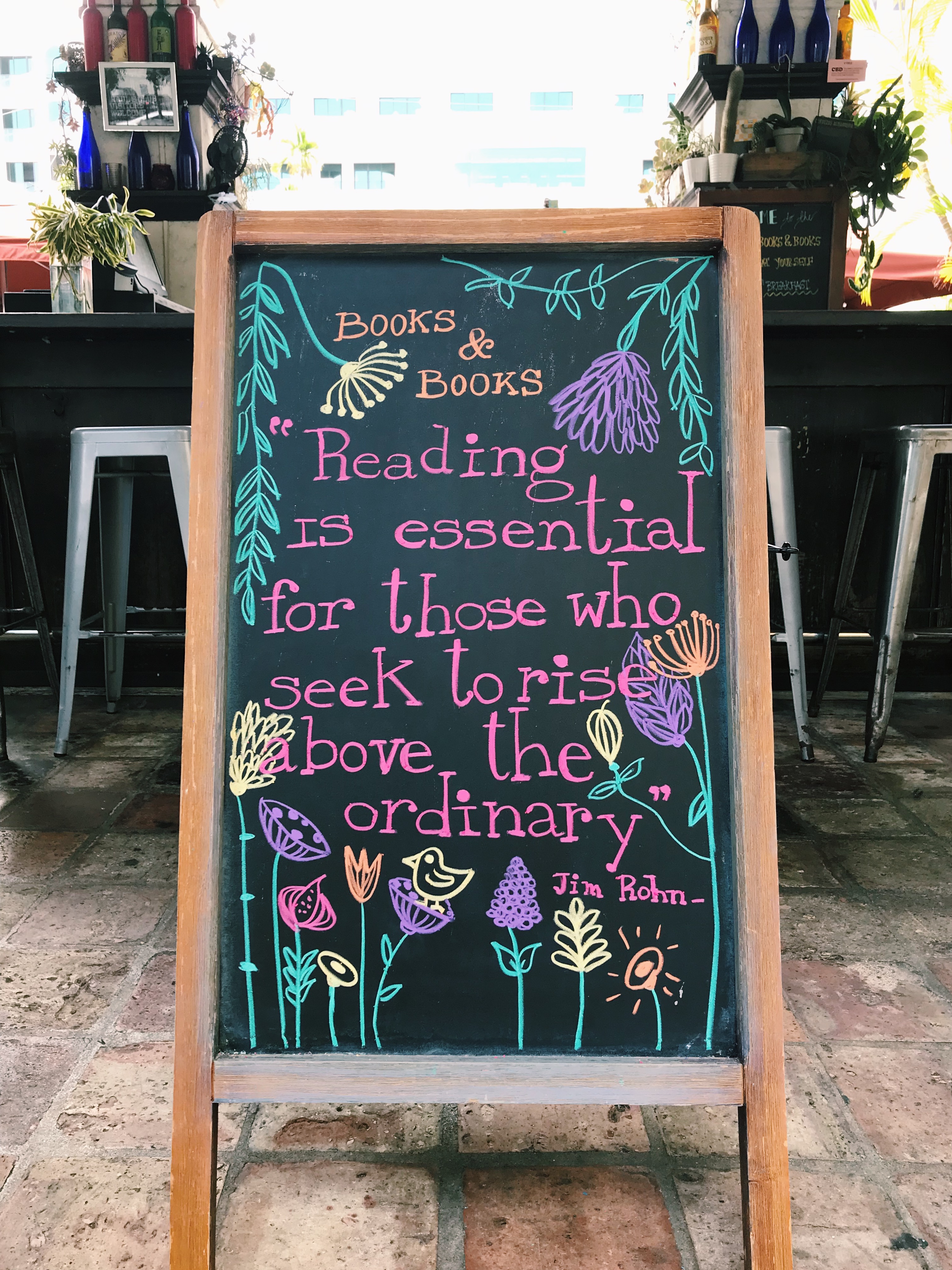
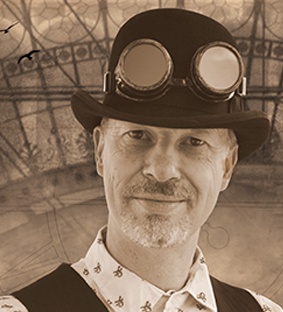

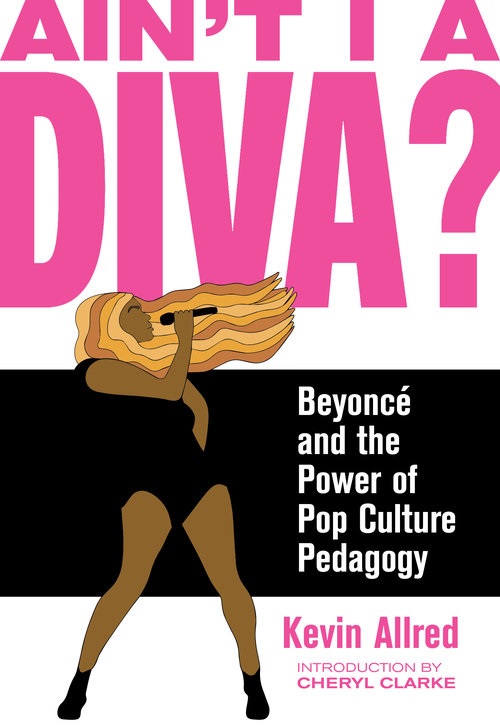
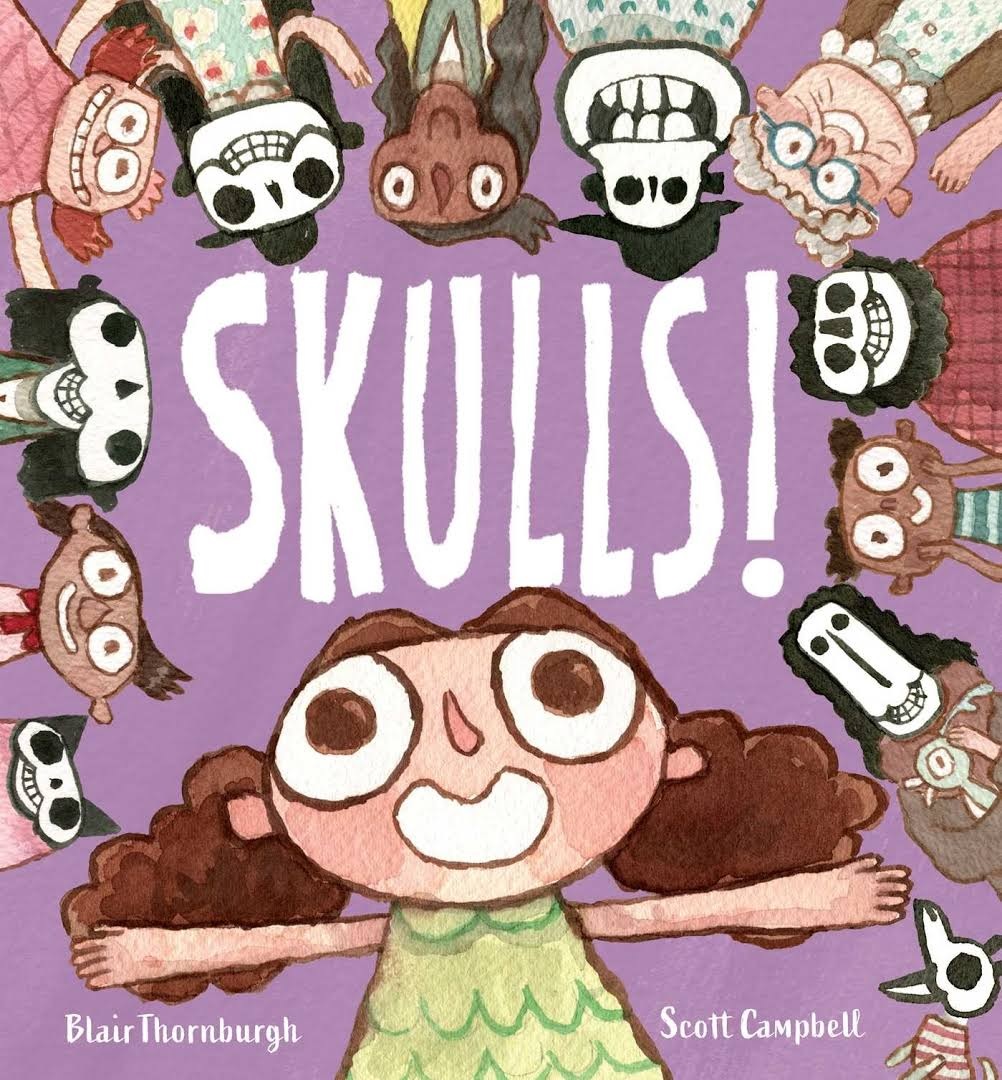 First-time picture book author Blair Thornburgh (Who's That Girl) teams up with Scott Campbell, who made his creepy-cute bones illustrating Kelly DiPucchio's Zombie in Love duology, for a cheery tribute to that undersung hero, the skull.
First-time picture book author Blair Thornburgh (Who's That Girl) teams up with Scott Campbell, who made his creepy-cute bones illustrating Kelly DiPucchio's Zombie in Love duology, for a cheery tribute to that undersung hero, the skull.